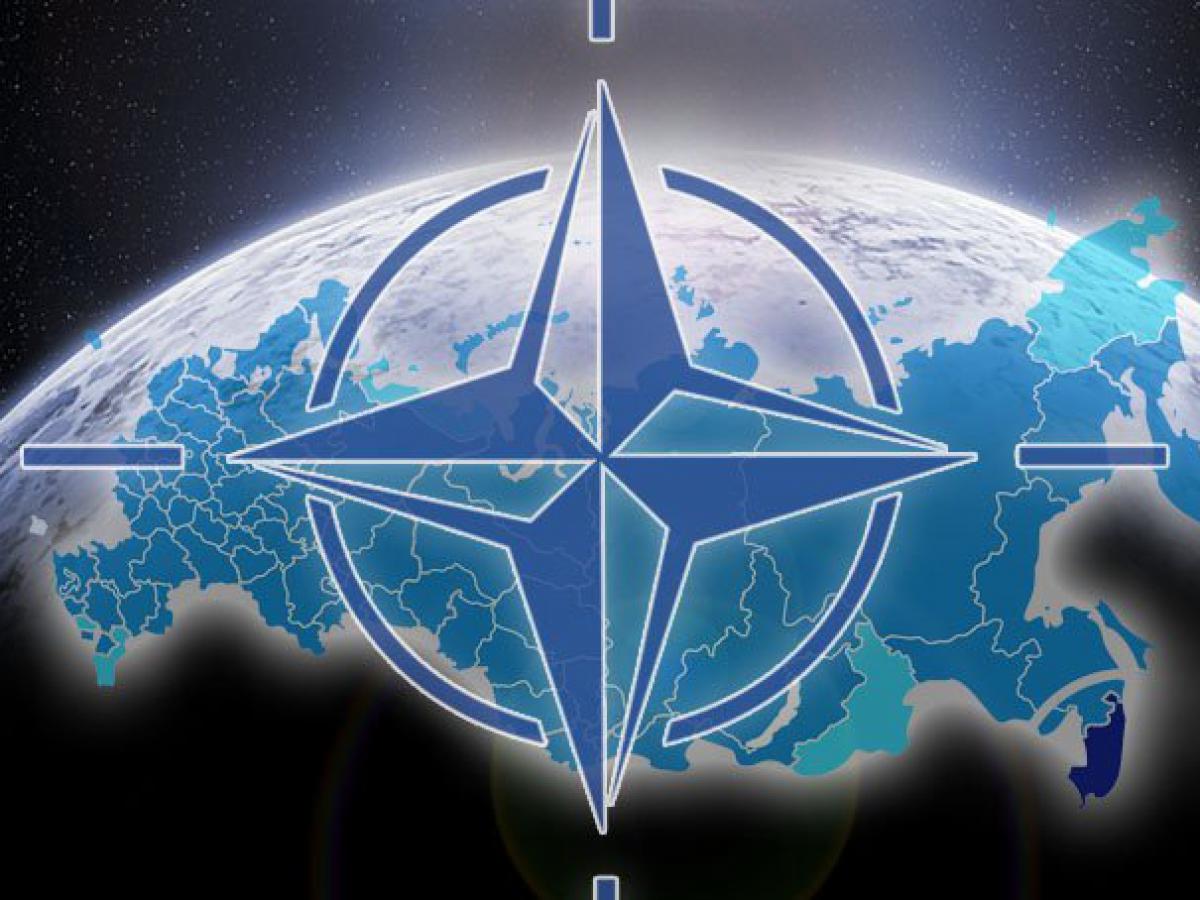
Politics or war: Moscow makes the West face simple, but tough choice

Two rounds of negotiations between representatives for the United States and Russia can be called unsuccessful, Kremlin's official spokesman Dmitry Peskov said, RIA Novosti reports.
According to Peskov, the parties failed not reach an agreement on specific issues.
"The negotiations were initiated in order to get specific answers to specific fundamental questions raised. It is these fundamental issues that we had disagreements on. This is bad,” Peskov assessed the recent talks.
Answering a question of possible sanctions against Russia, Peskov said that Moscow was extremely negative about such a development. The issue of sanctions does not contribute to the formation of the constructive atmosphere in the negotiations on security guarantees, he said.
The negotiations were held between the delegations of Russia and NATO on January 12. The meeting lasted for more than four hours. The Russian delegation was represented by Deputy Foreign Minister of the Russian Federation Alexander Grushko and Deputy Minister of Defense of the Russian Federation Alexander Fomin. NATO Secretary General Jens Stoltenberg and representatives for 30 resident countries of the alliance took part in the talks too.
On January 10, Russian and US delegations held talks in Geneva on guarantees of security and strategic stability. They lasted for about 7.5 hours. The meeting was held behind closed doors at the US Permanent Mission to the UN Geneva Office without the participation of journalists.
It is worthy of note that US Deputy Secretary of State Victoria Nuland said that the United States wanted to continue talks with Russia.
Russia fully prepared to respond to NATO, if need be
If all political means to counter NATO threats end up in failure, Russia will have to respond with military means, Deputy Foreign Minister of Russia Alexander Grushko said at a press conference devoted to the results of the negotiations held within the framework of the Russia-NATO Council, which took place in Brussels on January 12.
"Russia has outlined: we have a package of legitimate military measures that we will apply should we see real security threats coming. We can already see them: they view our territory as an object to target their strike weapons at, and, of course, we can not agree,” he said.
"We will take all necessary measures to fend off those threats by military means, if political means fail,” Grushko pledged, adding that one should not let the situation develop to such a point. One needs to move forward in the directions that Russia has outlined, he said.
"Today, Russia and the North Atlantic Alliance do not have a common agenda. There is no such thing at all,” Grushko stated.
Russian Ambassador: US suffers from mental disorder
Meanwhile, Anatoly Antonov, the Russian Ambassador to the United States, said that allegations of Moscow's intentions to invade Ukraine were nothing but the fruit of sick imagination and mental disorder of American Russophobic circles.
In a message posted on the official Facebook page of the Russian diplomatic mission, Antonov reiterated that Russia had no aggressive intentions against Ukraine.
It appears that American politicians started a myth in the press about Russia's imminent invasion of Ukraine, and now they overcome their own phobias, the ambassador wrote.
He also said that in the requirements from US lawmakers to punish Moscow harder came as attempt to show influence on security talks between Russia and the United States.
"In this pressure, we see the inability of the United States to reasonably defend its point of view at the negotiating table,” the ambassador added.
Antonov also responded to US senators' threats to impose new sanctions against Moscow. According to him, the calls to introduce restrictive measures against Russia, including personal sanctions against the top leadership of the Russian Federation, were provocative and unpromising. Moscow cannot be intimidated by restrictions, the diplomat said.
Earlier, US Congress presented a draft bill on new sanctions against Russia that would be implemented in the event the conflict in Ukraine escalates. US congressmen consider prohibiting operations with Russia's primary and secondary public debt. They also propose sanctions against the Russian banking sector and the Nord Stream 2 gas pipeline. In addition, the US may demand Russia be disconnected from the SWIFT international payment system, should the crisis in Ukraine escalate.
In addition to the above restrictions, US law-makers consider personal sanctions against Russian President Vladimir Putin. They also suggest restrictions against:
- Prime Minister Mikhail Mishustin,
- Foreign Minister Sergei Lavrov,
- Defense Minister Sergei Shoygu,
- Chief of the General Staff of the Armed Forces Valery Gerasimov,
as well as commanders of various branches of the armed forces, including airborne and naval forces.